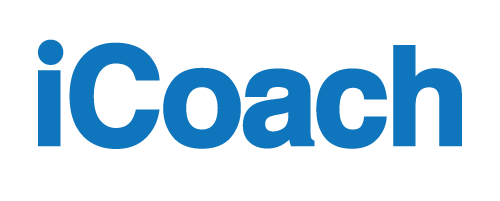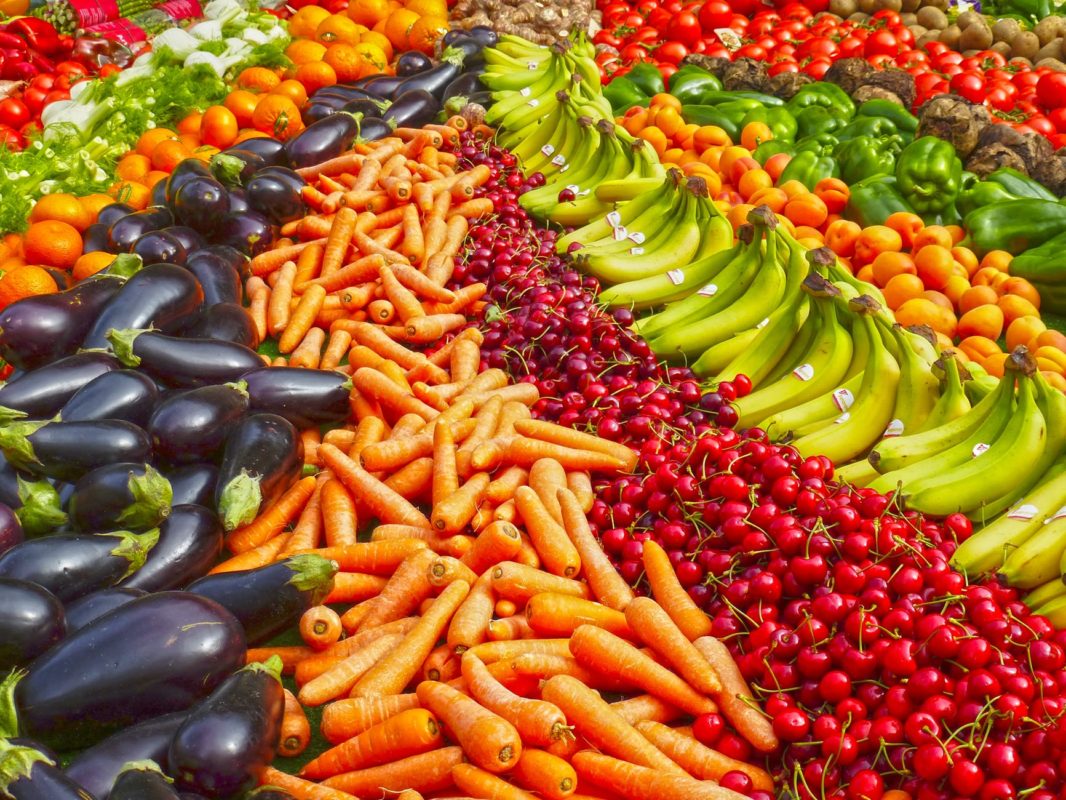Nutrition Tips
Vegetarian Diet
What is a vegetarian?
- Plant-based diets or vegetarian diets consist of vegetables, fruits, whole grains, legumes, nuts, seeds, and some include dairy & eggs.
- Vegans DO NOT include dairy & eggs.
Vitamin deficiency concerns:
– protein, B12, vitamin D, calcium, iodine, omega-3 fats
- Protein sources: beans, legumes, nuts, seeds, quinoa, veggie based protein powders
- Vitamin B12 sources: fortified products & nutritional yeasts
- Vitamin D sources: sunlight, supplement form
- Calcium sources: dark leafy greens, seeds, nuts, beans
- Iodine sources: green leafy vegetables, asparagus, kelp, iodized salt
- Omega-3 fat sources: green leafy vegetables, walnuts, flax
Why are plant based diets so important?
- Religion
– certain world religions forbid meat consumption, in turn developing more plant based diets
- Health
– diets high in plant products can help us get and stay healthier
- Environmental
– raising livestock (factory farming) and industrial fishing has ecological impacts
- Ethical
– general concern for animal violence and food production practices
- Economic
– plant-based diets are cheaper
What should you know?
- Becoming a vegetarian does not automatically make you healthier.
- Soda, candy apples, potato chips, processed food, etc. are vegan as well…
- Be careful! Make sure you are getting adequate calories, macros, vitamins and minerals.
- Plant-based diets tend to be lower in cholesterol and saturated fat, but higher in dietary fiber, vitamin C & E, phytochemicals, flavonoids, carotenoids, folate, magnesium, and potassium.
- A well-planned vegetarian diet can be suitable for individuals throughout the life cycle, including athletes, children, and pregnancy.
- Vegetarian or not, EATING MORE PLANTS IN YOUR DIET CAN MAKE YOU HEALTHIER!

